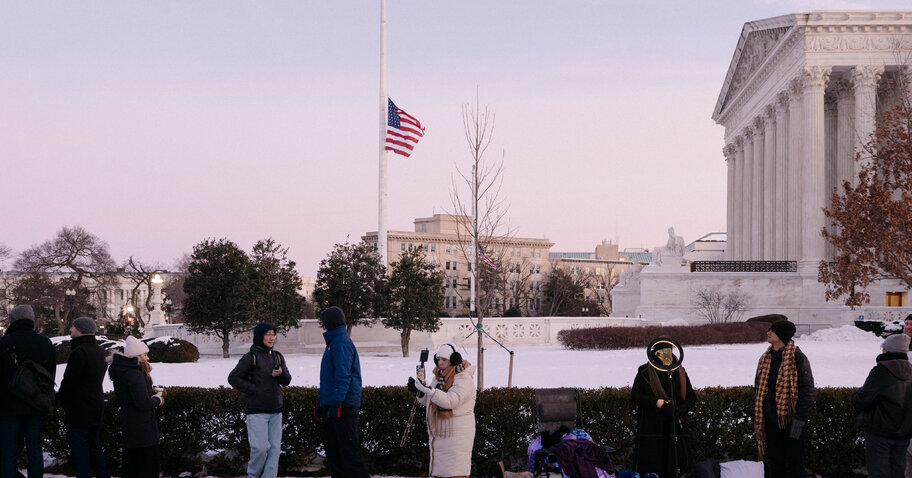The ban of TikTok in the United States is set to create a glaring hole in social media. For ByteDance, TikTok’s parent company in China, it also could create a glaring hole in its business.
The ban, which was signed into federal law last year and upheld by the Supreme Court on Friday, is a major blow to ByteDance, the world’s second-most valuable private technology company, worth $300 billion. At least a chunk of the company’s value is tied to its success in the United States, where TikTok has 170 million monthly users, according to analyst estimates.
TikTok has a larger audience outside the United States — it has 1.2 billion to 1.8 billion monthly users around the world, with its largest markets including Indonesia and Brazil — but the app’s American users are the most valuable, analysts said. TikTok makes money through ads, as well as by selling goods through its TikTok Shop, which pays influencers a commission to hawk beauty products, gadgets, clothes and other items. Social networks typically get their highest “revenue per user” in the United States.
“The U.S. market is the most profitable market of any market by a long shot,” said Mark Zgutowicz, an analyst at Benchmark Company. TikTok took in an estimated $10 billion in revenue in the United States last year, he said, out of a total global revenue estimated at $20 billion to $26 billion.
That is the fallout that ByteDance must grapple with now. The scale of its looming business conundrum is vast. While Facebook, Twitter and other social media were blocked in China around 15 years ago, that was before many of those apps had accumulated a large number of users there. Perhaps the closest equivalent is what TikTok experienced in India in 2020, when the Indian government banned the app. TikTok lost an audience of 200 million users there, but has since gained users elsewhere.
Whether TikTok may still escape a U.S. ban is unclear. President-elect Donald J. Trump is considering an executive order to allow TikTok to keep operating until new owners are found. He could also direct the Justice Department not to enforce the law, or delay enforcement for a set period.
Thank you for your patience while we verify access. If you are in Reader mode please exit and log into your Times account, or subscribe for all of The Times.
Thank you for your patience while we verify access.
Already a subscriber? Log in.
Want all of The Times? Subscribe.




